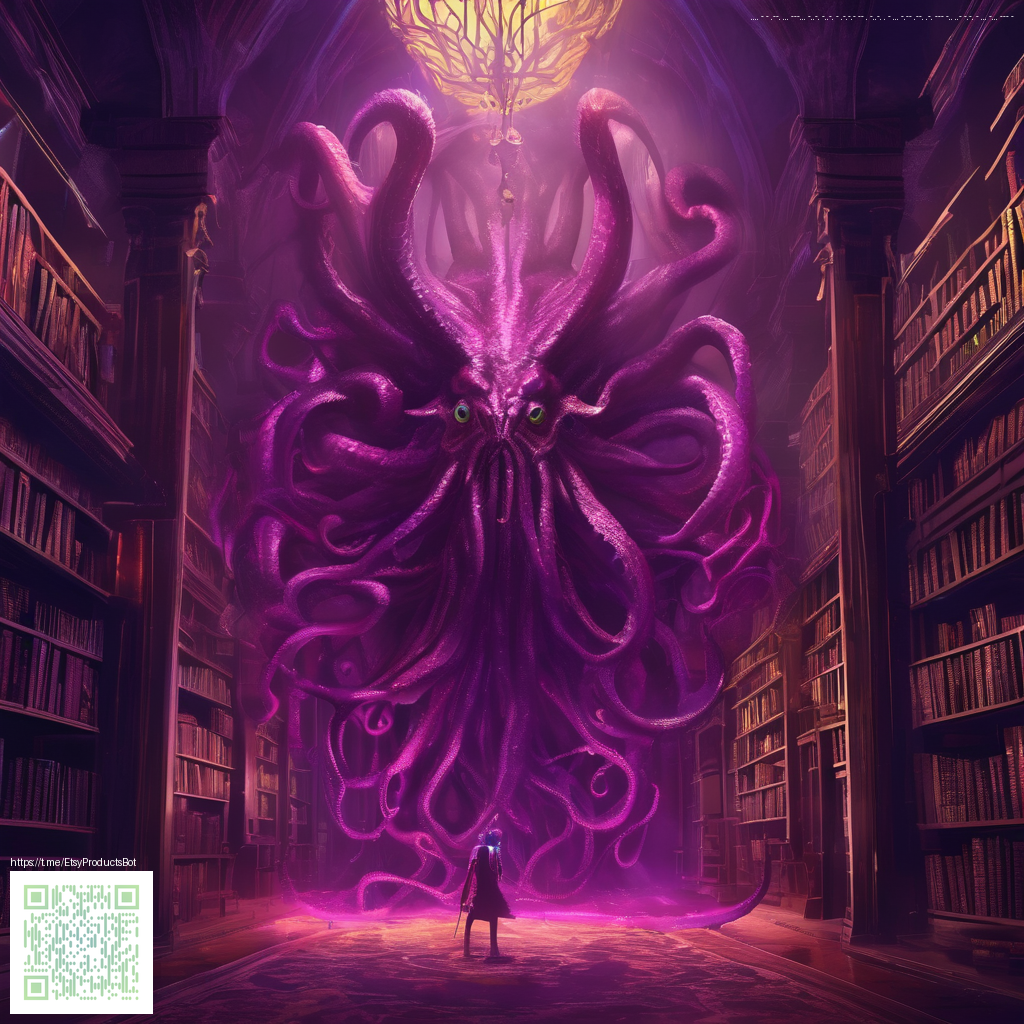
Blackout on the Glass Tower
The city wears a skin of glass and steel, and on the top floor of the Glass Tower the light that makes that skin shimmer dies with a sudden, deliberate click. The blackout rolls through the atrium like a tide, swallowing neon, vending machines, and the soft glow of screens tucked behind receptionist smiles. In seconds, the skyline turns from a chorus of flickering stars to a single, suffocating void. Inside, the glass corrals the darkness, turning every corridor into a reflective maze where you can see your fear more clearly than your own face. Elevators grind to silence, doors hesitate on their hinges, and the hum of the building sighs into a slow, creaking cold that crawls along the spine.
Echoes in the stairwell
On the stairwell, the steps begin to keep time with someone no one can see. Each floor echoes a second later, as if the building itself is counting down to an event that has already happened and will happen again. A security badge glints briefly in the darkness, then vanishes as a figure steps from the shadow of a landing into the glow of a moonlike emergency light. It could be a coworker, or a memory of a coworker, or the building’s own memory of every argument and elevator ride that ever happened within these walls. You begin to doubt your senses, then you hear your name spoken in a whisper that sounds like breathing under water: a reminder that you are not alone in the dark, even when your flashlight dies and your hand finds only cold, glass-slick air.
The watchman and the window
The security guard lingers by a bank of windows that should reflect the city, but instead reflect a city that isn’t there. He sees a dozen silhouettes pace the glass, as if the skyline itself is pacing, watching him back. When he blinks, the silhouettes gain height, then dissolve into the outlines of every desk chair and filing cabinet that ever crowded this floor. He talks into a radio, but the radio returns only a faint, hollow reply—an echo of a voice he half-remembers from another night shift long ago. The window seems to pulse with a rhythm that is almost a heartbeat, and every time he steps back, a cold draft rolls through the room like a finger slipping along the nape of his neck.
“The glass is listening,” he whispers, voice cracking. “When the city holds its breath, the tower speaks in a language made of gaps.”
As minutes stretch into hours, the blackout reveals the building’s skeleton—the corridors unspooling into a sideroad of memories. A maintenance shaft whistles with wind that isn’t wind, a stairwell door refuses to stay shut, and a clock on a forgotten floor begins to run backward, tracing the minutes you wished you could forget. The smell of rain from a storm that never reached the city drifts through vents, carrying a rumor: that the Glass Tower was built to trap light, to contain it until it learns to fear its own shadow.
- The air grows heavy with the ghost of electricity, a memory of sparks long since spent.
- Elevator lights flicker in patterns that resemble a code no one can decipher.
- Reflections refuse to align, as if the glass is choosing who to reveal and who to disguise.
- Floor plans redraw themselves on the fly, guiding you toward doors that do not exist until you approach them.
When the power finally returns, only a few rooms remember the night in full detail. The rest carry the aftertaste of fear, as if the darkness carved a new room inside each of us, a place where secrets can shelter until the next blackout, when the Glass Tower will decide who deserves to leave the building as themselves—and who must stay to learn what the city keeps safe behind its gleaming skin.